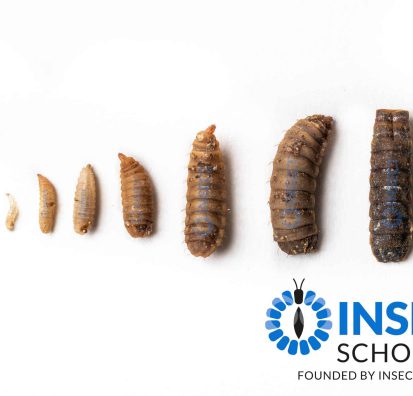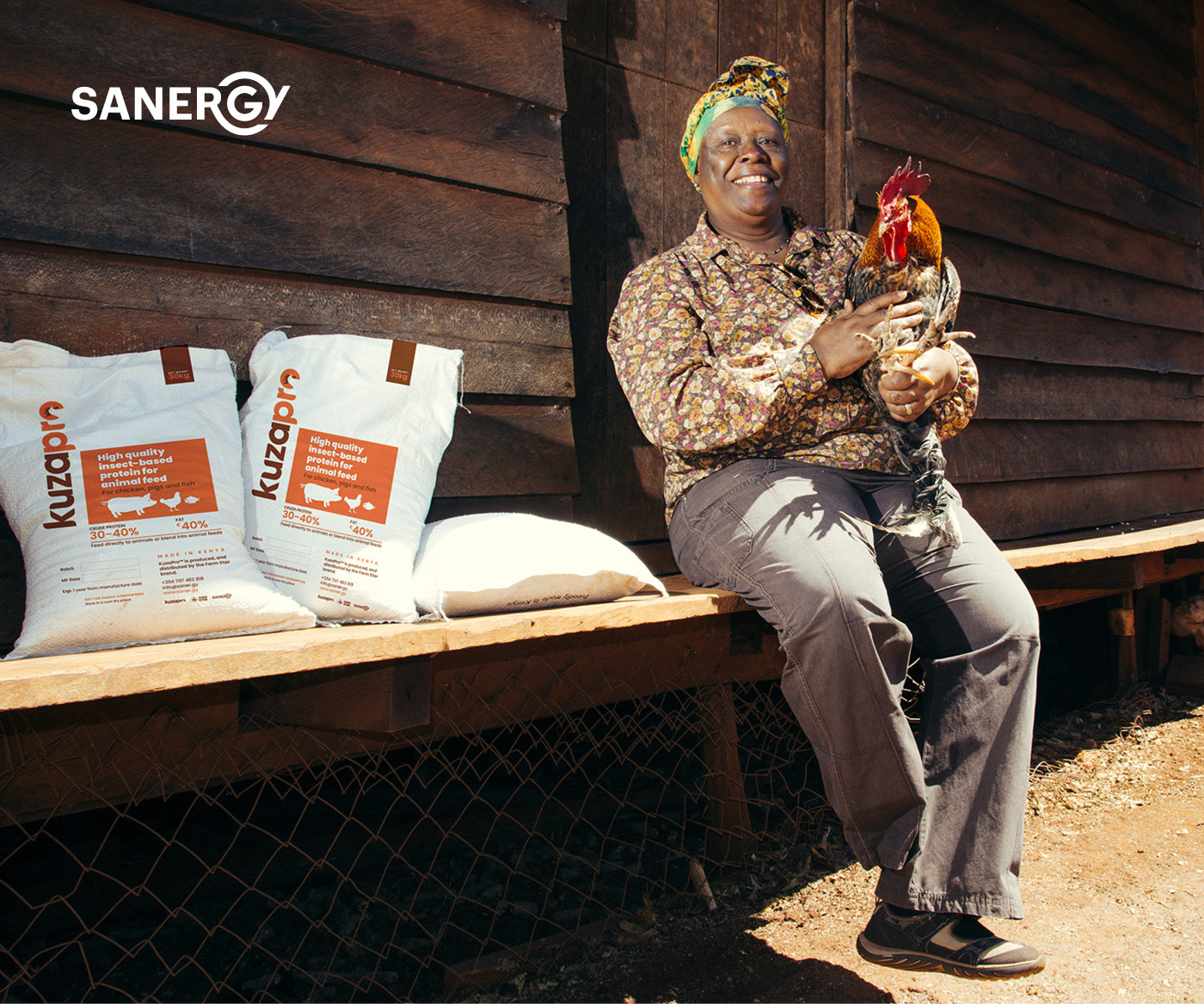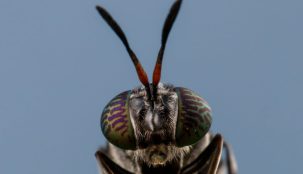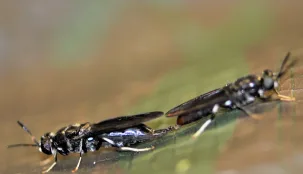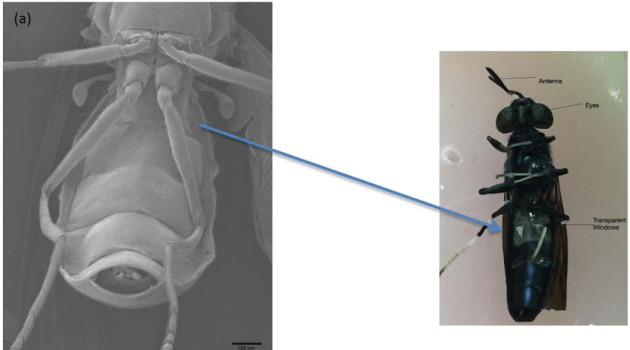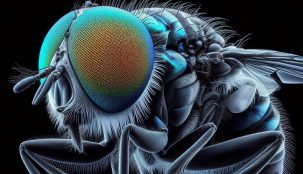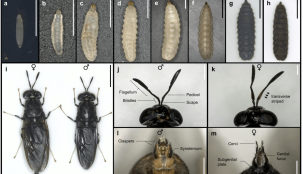Scaling up Sustainable Black Soldier Fly Farming
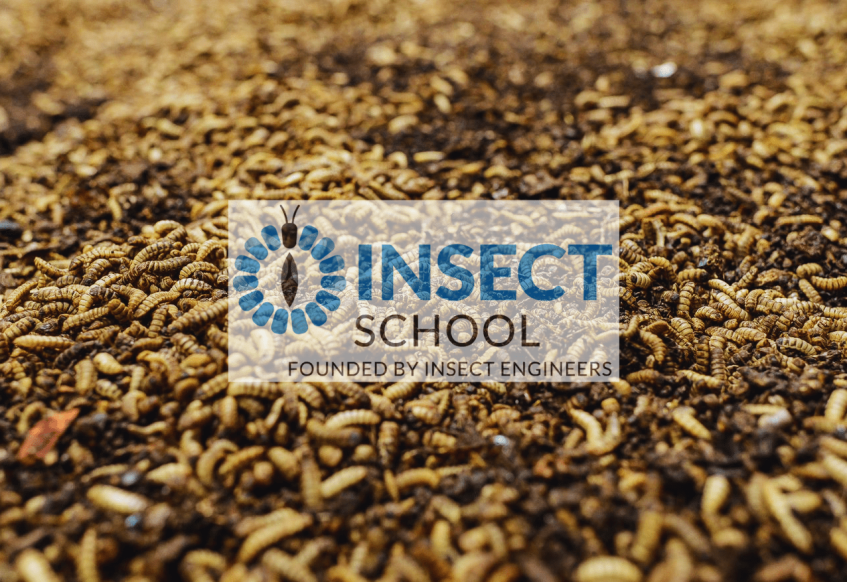
Scaling up Black Soldier Fly Farming to Meet Global Demand
As the global demand for sustainable protein sources continues to rise, more and more agricultural producers are looking towards Black Soldier Fly (BSF) farming as an option. BSF farming has several advantages over traditional livestock farming. BSF larvae can be produced using organic waste, which reduces the environmental impact of waste disposal and mitigates greenhouse gas emissions. BSF larvae can also be used to produce high-quality animal feed and fertilizer, which can help to reduce the reliance on chemical fertilizers and imported feed. BSF farming offers a valuable source of sustainable protein with minimal environmental impact – but scaling it up significantly is not without its challenges. Let’s look at some of these challenges and how they can be addressed.
Despite the potential benefits of BSF farming, scaling up the production of BSF larvae presents various challenges. Below are some key challenges and potential solutions.
Challenges Of Sustainable Farming:
Regulation and policy
BSF farming is a new industry, and there are currently no global standards or regulations for BSF larvae production. As a result, there is a lack of clarity around the legality and safety of BSF larvae production, which makes it challenging for producers to enter the market. Potential solutions: Governments and regulatory bodies should develop guidelines and regulations for BSF larvae production that address safety, quality, and environmental concerns. These guidelines should be based on scientific evidence and industry best practices and should be regularly updated to reflect advances in technology and knowledge.
Infrastructure and technology
BSF larvae production requires specific infrastructure and technology, such as insect rearing facilities, feed preparation and storage, and waste management systems. These facilities and technologies can be costly and require specialized knowledge and skills. Potential solutions: Industry associations, and other stakeholders should supply support and resources to help BSF farmers build and maintain their infrastructure and technology. This support could include funding, training, and access to technical ability. At Insect Engineers, our approach to BSF farming is very practical. We have the know-how of the entire production process. This, in combination with the unique ZOEM racks, lowers your investment and improves your profit. We help farmers, not professors.
Market demand and consumer acceptance
Even if BSF farmers can scale up their operations, they may struggle to connect with buyers or market their product effectively due to limited resources or knowledge about how best to promote themselves. BSF larvae are a new and unfamiliar source of protein for many consumers, and there may be resistance to adopting them as a food source. Additionally, there may be challenges in convincing food companies to use BSF larvae as an ingredient in their products. Potential solutions: Industry associations and producers should promote the nutritional and environmental benefits of BSF larvae to consumers and food companies. They should also work with food companies to develop new products and formulations that incorporate BSF larvae.
Availability of raw materials
Another major challenge is sourcing high-quality feedstock for the BSF larvae. BSF larvae thrive on a variety of organic materials such as manure, food waste and vegetable scraps – but finding consistent sources of these materials can be difficult. Many BSF farmers rely on local waste streams, restaurant byproducts or even backyard composters – all of which tend to fluctuate in availability depending on the season or region. BSF larvae require a consistent supply of organic waste to feed on, which can be challenging to secure in large quantities. Additionally, the quality of the organic waste can impact the quality and safety of the larvae. Potential solutions: BSF farmers should develop partnerships with waste management companies, food processors, and other industries that generate organic waste to secure a consistent supply. They should also develop methods to ensure the quality and safety of organic waste, such as testing for contaminants and pathogens.
Cost and profitability
BSF farming can be expensive to set up and operate, and the profitability of the industry is uncertain. Additionally, the price of BSF larvae may need to be competitive with other protein sources to be economically viable. Potential solutions: BSF farmers should develop innovative production methods and technologies to reduce costs and increase efficiency. They should also explore different markets and niches to find. We have the know-how of the entire production process. This in combination with the unique ZOEM racks which lowers your investment and improves your profit makes us the place to go when it comes to getting started and expanding with BSF farming.
Lack of Accessible Education
Another major challenge facing BSF farmers is the lack of accessible education about this technology. Many potential farmers are unaware of the possibilities that BSF farming presents, or they do not have access to training programs that could teach them the necessary skills needed for successful production practices. To address this challenge, governments should invest more resources into creating accessible educational programs for potential BSF farmers so that they can gain the knowledge needed to start their own farms. At Insect School, we want the world to learn about Black Soldier Fly farming. By being an online news and information hub, as well as providing BSF testing facilities, Insect School is a meeting place for everyone with an interest in the Black Soldier Fly.
Limited Research & Development
BSF farming is still a new industry, and there is limited research and development for this technology. This means that farmers are relying on trial-and-error methods to maximize their yields, which can be costly and time-consuming. To overcome this challenge, governments, and organizations should invest more resources into R&D efforts to develop more efficient production practices and technologies that can help farmers increase their yields while decreasing their costs. Insect School aims to educate the world on Black Soldier Fly farming through its online news and information hub, along with BSF testing facilities, serving as a gathering point for all those interested in the subject.
Sustainable future
As you can see, there are a number of challenges that must be addressed if BSF farming is going to reach its full potential as a sustainable source of protein for the global market. By investing in R&D efforts, creating accessible educational programs, and removing regulatory hurdles, governments around the world can help make it easier for ambitious entrepreneurs to scale up their operations, so they can meet rising demands efficiently. With such initiatives in place, it’s only a matter of time until we start seeing more successful BSF farms popping up all over the world!
